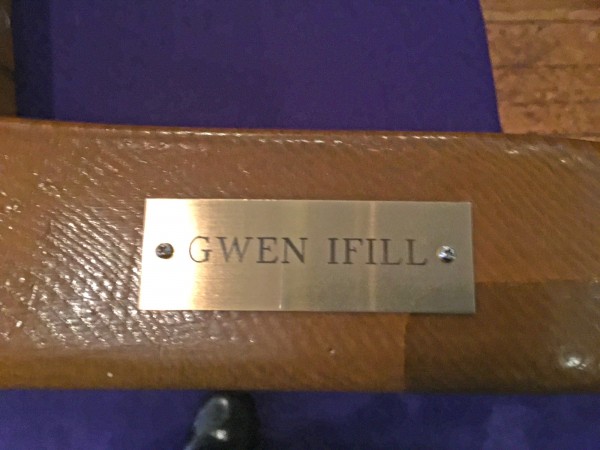While most Americans enjoy more radio, television, and Internet channels, many do not realize that behind the channel is less choice. Currently, only six corporations control most of what Americans hear, see, and read. Media consolidation threatens citizen' ability to receive objective information. For example, independent newspapers have decreased by two-thirds in the past 30 years.
In short, too few control too much, at the expense of too many in the United States of America. Recently, 3,500 reformers of the media met in Minneapolis, Minn. to boldly state that within a true democracy there must exist a democratic media that is reflective of the masses and not just the few media owners. The issue of media ownership in America can be considered a ''three-legged stool'' comprised of the Federal Communications Commission (FCC), Congress, and the public, with each leg providing critical support. The FCC sets the rules with comment from the public; and Congress enforces the rules.
The first leg is the FCC. The commissioners of the FCC who execute telecommunications policy for the federal government are appointed by the White House and reflect the Administration's policies.
Since 2000, the FCC has consistently preferred policy proposals, which are weighted to wealthy media owners. For example, in 2003, then Chairman Michael Powell (son of General Colin Powell) proposed media consolidation rules which would allow one media company to own multiple television, radio, and print outlets in one market (usually a city or region).
Major opposition from civil rights groups such as the Rainbow PUSH Coalition and the NAACP thwarted the threat.
The second leg of the stool is the United States Congress. In November of 2007, Senator Dorgan of North Dakota sponsored legislation (S. 2332) entitled the Media Act of 2007 to promote transparency in media ownership. Under the legislation adopted by Congress, an independent panel would be appointed to increase women and people-of-color owners in broadcast media.
Recently, the Federal Office of Management and Budget reported that President Bush would veto such legislation.
The third rail, and perhaps most powerful leg of the media ownership stool, is that of the public. However, the public must be well informed in order to make wise decisions. A recent study by Free Press reveals that people of color make up 33 percent of the U.S. population, but only 3 percent of television station owners.
Women comprise 51 percent of the U.S. population, but only own 67 television stations (5 percent of total); Latino-owned television stations only reach 21 percent of such households; only 8 percent of African-American households are reached by Black-owned television stations; African Americans comprise 13 percent of the U.S. population, but only own a total of 18 television stations (1.3 percent); Asians comprise 4 percent of the U.S. population but only own a total of 6 television stations.
While ownership by people of color has risen in other U.S. industries, the percentage has decreased in media. Whites own 1,033 television stations (76 percent). The FCC policies of the past 10 years have resulted in a 40 percent loss of people of color-owned businesses.
In keynoting the Media Reform Conference in Minneapolis, legendary journalist Bill Moyer cited a story in which a Cherokee chief was asked by his grandson about how he handled the battle within his soul. The Chief answered: The battle within our souls is between two wolves. One has anger, evil, sorrow, greed, lies, and arrogance. The other has joy, peace, love, hope, kindness, truth, and faith. The boy asked, "Which wolf wins?" The Chief answered, "The one I feed."
On the issue of media ownership, let America feed the masses so that the evil wolf of greed is vanquished.
Gary L. Flowers is executive director and CEO of the Black Leadership Forum, Inc.




















































































































































































































































































































